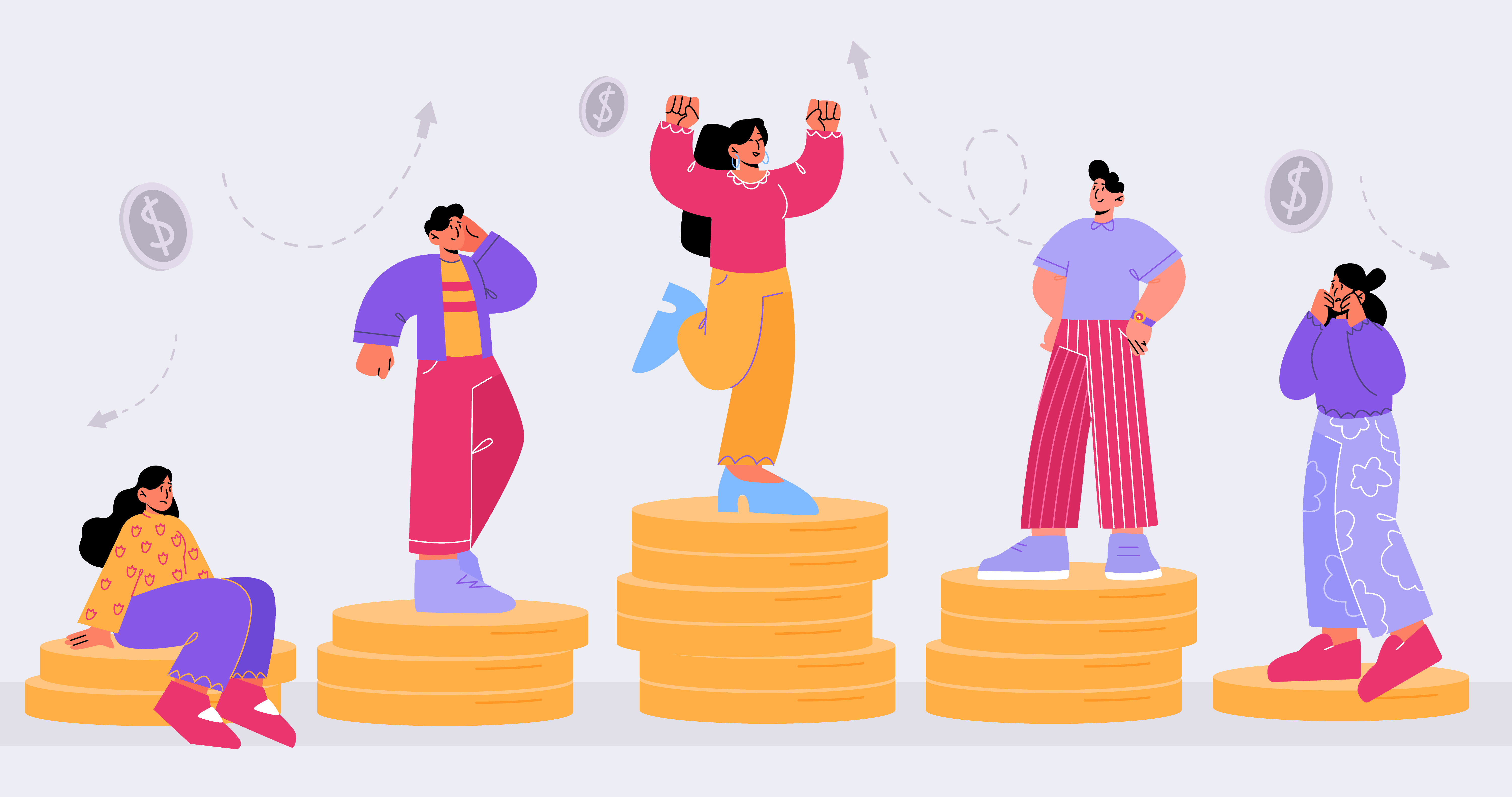Blogs

Considering Dayton: A Student-Authored Website Considering Local Inequalities
By Molly Griffin '23
Social inequality is a broad area of study that involves dissecting and challenging uneven patterns in the distribution of resources in societies, across both the past and the present. Social inequality in the United States has been widening over the past several decades, as the rich become richer, the poor become poorer, and the American middle class shrinks. Dayton, Ohio is no exception to these trends - despite Dayton’s many assets, community members also deal with many struggles, and it is important that the University of Dayton uses its resources to address local disparities.
Social Inequality (SOC 339) with Dr. Joy Kadowaki is a Common Academic Program (CAP) course fulfilling the Diversity and Social Justice (DSJ) requirement for UD students. This class explores areas of social inequality in the United States, with an emphasis on power and resource differences across groups. In Fall 2022, we explored inequalities across a variety of dimensions including socio-economic status, race, education, health, gender, and housing. For our final project, we worked in small groups to contribute to a website that Dr. Kadowaki had begun building with a SOC 339 class during Fall 2021. Considering Dayton is a student-authored website detailing social inequalities broadly in society, as well as right here in Dayton. The site currently has sub-pages dedicated to eleven different social issues that give an overview of each topic as well as detailed information on local resources.
My group specifically developed the section on Food Inequality. We defined terms such as “food insecure” and “food desert” and gave insight into general food accessibility trends. Looking closely at food insecurity locally, we identified differences between grocery stores in predominantly White neighborhoods and grocery stores in predominantly Black neighborhoods. We noted that even stores as close as six miles apart offered vastly different food options. In an effort to use our website as a tool for Dayton residents in need, we also highlighted local organizations and resources fighting against food inequality.
One on-campus program that we featured is Food4Flyers, a student food pantry managed by the Brook Center where students can drop off food donations as well as take any food items they need. In the broader Dayton area, we introduced readers to grocery options such as Gem City Market and 2nd Street Market which stock nutritious items and accept EBT, WIC, and SNAP payment options. Other student-developed pages explored Health, Immigration, LGBTQ+ rights, Older Adults, Children, Employment, Access to Justice, and more.
Through CAP’s Diversity and Social Justice courses, the University of Dayton aims to engage dimensions of bias, intersectionality, social justice, and intercultural competence. Considering Dayton addresses these skills while exploring issues that many UD students may not have had to experience first-hand. Intersectionality is defined by the Diversity ILG Learning Continuum as the idea that identities are interconnected to create the unique oppressions that individuals face. We found this to be an overarching theme across the topics on our website. For instance, as we studied inequality in health, employment, and access to justice, we discovered strong racial patterns. We found that Black Americans are more likely to be unemployed, have lower life expectancies, and have higher rates of incarceration. In another example, we examined how older adults are more likely to experience economic challenges and excessive healthcare costs. Similar patterns were found in each area that we examined.
While learning about the challenges of these underrepresented populations, our class gained knowledge about bias and discrimination. While the website provides more information, the LGBTQ+ page brings attention to discrimination in healthcare, the workplace, the education system, and the housing system. In addition to learning about bias, we offer recommendations and ways that encourage social justice and reform in these areas. For instance, the page on Access to Justice suggests organizations like The Hope Center in Dayton which implements legal aid into their services and recommends that classes on legal issues should be offered throughout the community.
Our class designed Considering Dayton to be an accessible resource for other students and local community members who want to learn more about social inequalities. We recognize that without knowledge, it is difficult to implement change. We were fortunate to gain extensive knowledge on issues affecting the Dayton community through taking SOC 339, and we see the importance of sharing it with others. We hope that those who come across our website will learn about injustices they had never considered and issues they did not fully understand. We also wish for our page to be a useful resource for anyone who is struggling and needs support. There are many incredible people and organizations that are already working to eliminate injustices, and we hope that our website serves as a tool to guide people towards them.
Molly Griffin '23, a Psychology major with minors in Sociology and Family Development. Molly was a student in Dr. Joy Kadowaki’s Social Inequality (SOC 339) course in Fall 2022.
Joy Kadowaki, Ph.D is an Assistant Professor of Sociology in the Department of Sociology, Anthropology, & Social Work, with a joint appointment in the School of Law.
Photo Courtesy of upklyak / freepik
